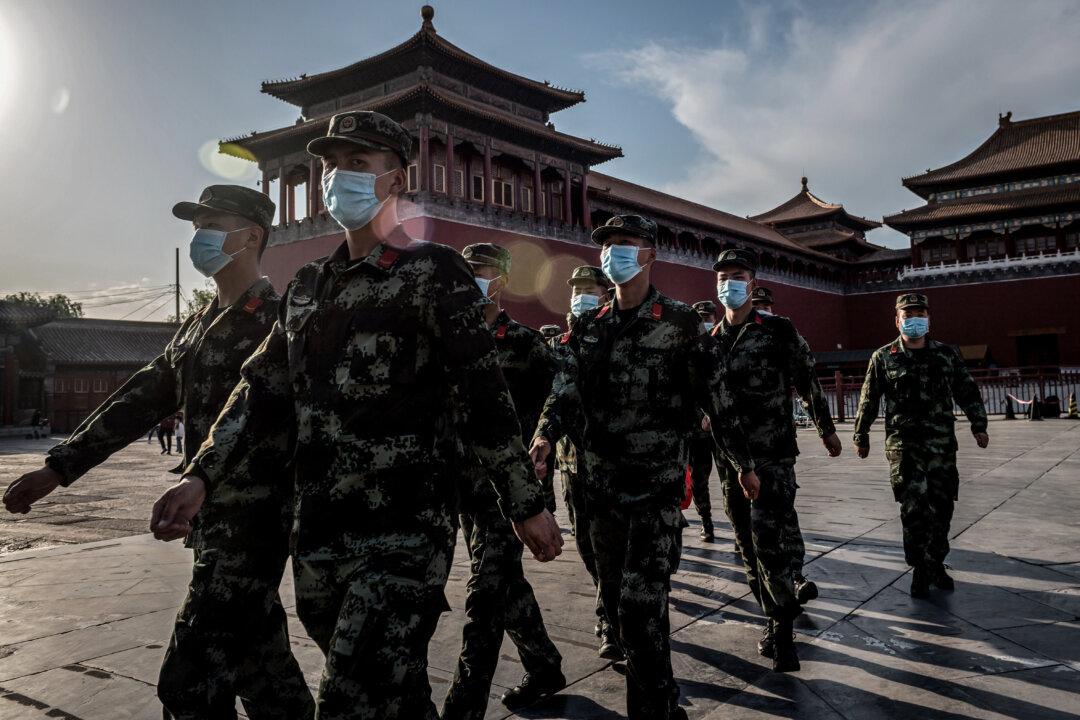WASHINGTON—The Trump administration took swift action in its final months to ban investments in communist Chinese military companies, in an effort to curb Beijing’s access to the lucrative U.S. stock market. However, more work needs to be done to protect U.S. capital markets and critical technologies, according to a panel of China experts.
There’s a need to modernize U.S. laws and export controls, Nazak Nikakhtar, partner at law firm Wiley Rein LLP and former assistant secretary at the U.S. Department of Commerce, said on March 19 at a hearing by the U.S.–China Economic and Security Review Commission (USCC).





